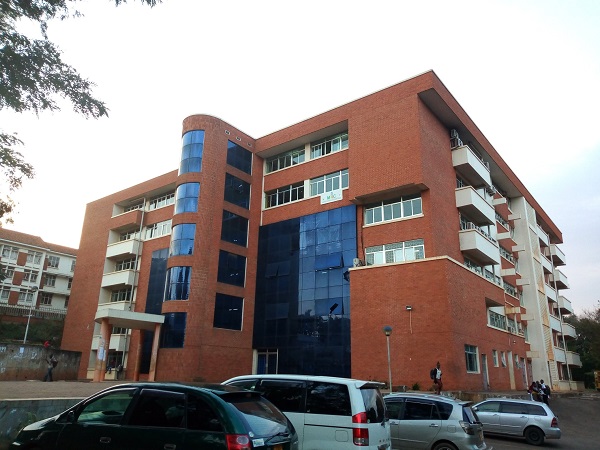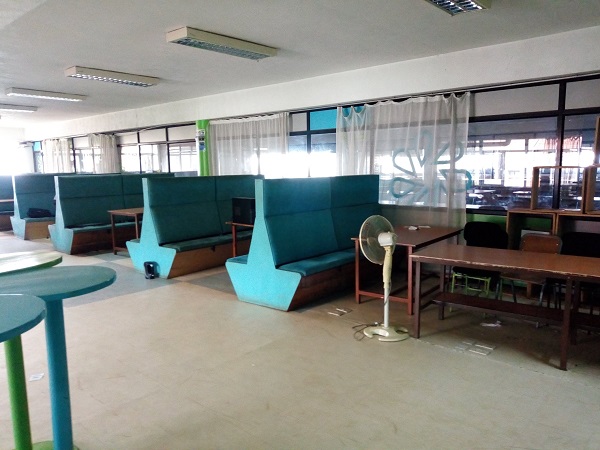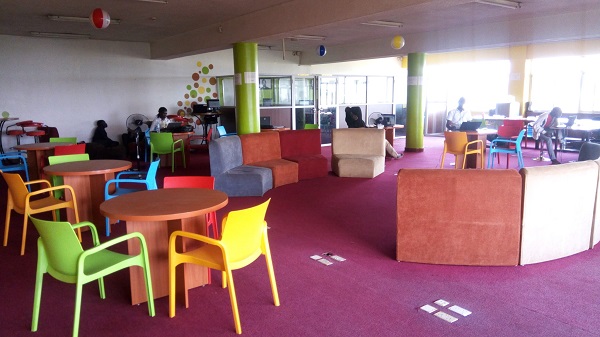In 2011, Microsoft Corporation inked a 3-year deal with Makerere University, with the former agreeing to set up an innovation center at Uganda’s oldest tertiary institution’s College of Computing and Information Sciences, or COCIS.
This would become Microsoft’s second innovation center in the region and the fourth in Africa.
According to a 2011 statement announcing the deal, The Innovations Center was to be “used by Makerere University and Uganda as a whole to develop appropriate innovations relevant to the needs of our society.”
“Microsoft will provide technical expertise and related administrative support to the center for 3years. A number of training programs will be offered by the center, which will act as a model innovation center on the African Continent,” says the statement.
The confirmation came after 4 years of continuous engagements and negotiations between Microsoft, Ministry of ICT, Uganda, and the United Nations Industrial Development Organization (UNIDO).
2 years later, in 2013, Makerere University (Mak) penned another similar agreement with Global Business Labs (GBL), a Swedish founded non-profit organization specializing in the early stages of business development, accelerating growth and decreasing risk in start-ups. The duo would later organize a number of activities, including innovation contests.
The two multinational organizations have since left Makerere University, prompting the institution to start its own innovation: Makerere Innovation and Incubation Center.
Must read: Uganda’s online service delivery improves in latest UN survey
Targets not met
At the time of leaving, according to highly placed sources this reporter talked to, the two organizations did not meet their expectations.
Two of the sources who worked with GBL while at Makerere but preferred anonymity due to the sensitivity of the matter say they (GBL) were forced to pull their funding from Mak due to corruption at the institution.
“Our projects were frustrated by Makerere politics and corruption so we had to pull out. You see Microsoft also pulled because of the same issues,” a source said.
Asked on why they decided to do business with Mak yet they had seen what had happened to their predecessor, the sources said that since they were an NGO they took a chance hoping the university management wouldn’t involve them in their internal issues.
Lab closed
At COCIS, Microsoft and later GBL, occupied one of the rooms on the sixth floor of the building codenamed Block B. But when this reporter visited the facility, the lab, which used to be occupied by promising developers and startups, is now currently occupied by a private company, Creativity in Motion, which deals in software development.
Creativity in Motion shares the room with SBI, or Software Business Incubation, an incubator from which it came, but is currently inactive, and the university is planning to merge SBI with the new innovation center, according to Chris Margach, a chief software engineer at Creativity in Motion.
Though currently dealing with interns, Creativity in Motion has applied to fully take over the space and they are aiming at “introducing students to deployment technologies and other open source technologies that most companies are adopting today,” according to Margach.
Students will be picked on an application basis, he said in an interview.
Makerere speaks out
Speaking to SautiTech in a phone interview, Ms Ritah Namisango, the University spokesperson dismissed the allegations that Mak failed the projects, arguing that it was a partnership and “no one should be blaming the other.”
According to her, the incubation project between GBL was being implemented under the College of Computing and Information Sciences and the College of Business and Management Sciences and they all agreed to dissolve it when the MoU expired.
“I want to confirm that the Makerere University Innovation and Incubation Center is still open for business,” she wrote in a statement that was also backed by COCIS spokesperson Charles Funa and the college principal Prof. Tony Oyana.
“The only project that came to an end and was both dissolved by College of Computing and Information Sciences and the College of Business and Management Sciences is the Global Business Labs. Please note that routinely, The College of Computing and Information Sciences incubates many startups for a period of one-to-two years, and once the period comes to an end, these startups are required to leave and go grow/scale their companies in the real world.”
Added the statement, “In summary, I want to confirm again that we are open for business and the news that is circulating is completely false.”
The new innovation center
According to Allan Lule, a startup assistant at Makerere Innovation and Incubation Center, they are currently hosting 10 startups that were taken up in the first cohort.
Located on the fifth of the COCIS Block B building, the facility was opened in 2017 and it is funded by Mak and the ministry of Finance. Lule told this reporter that they allow students from all institutions in Uganda.
The facility is under the supervision of the College of Engineering, Design and Arts (CEDAT), COCIS and College of Agriculture, and Environmental Sciences (CAES).



